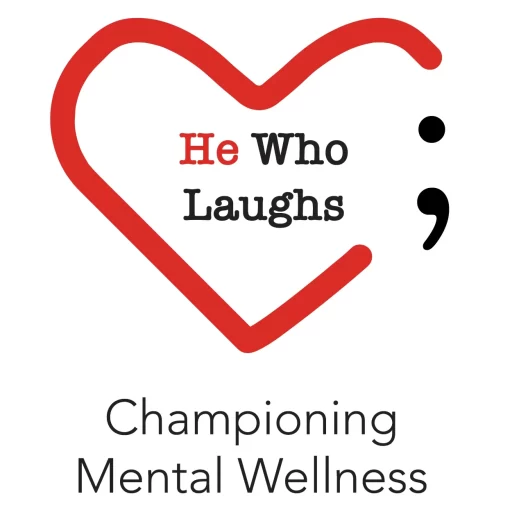Did you know that before I belonged to this suicide club, I thought I was normal.
I mean, I could be normal, right? Perhaps. Or maybe I became more human when I started to hold my grief and trauma without wearing rose colored glasses, then maybe it was in that moment I was normal? I mean, I was living the best life with my husband, 2 children, too many pets to count, and we had a home that was full of laughter and love. We were creating new traditions to honor the season of our boys growing up, soon to both be out of high school. Our immediate family of four was one that truly LOVED being together. We were happy together. However, none of us saw the storm that was raging on the horizon that would forever change the course of our life.
The morning Isaac died, I knew he was dead before I found him. You see, Gabriel called us and said Isaac was ignoring him and would not answer his phone. In all the years of them being together, Isaac never ignored Gabriel. They were not only brothers, they were best friends. Only 11 months apart in age, neither one of them knew life without the other. The storm that none of us could see was finally at our door, and it was unlike anything we had known. Parts of that day are crystal clear, and other moments of that day have long faded. I think in some ways it is to protect me from the trauma of finding Isaac dead. My eyes can only un-see so much and yet, my heart feels what words fail to describe.
What exactly is trauma and how does it relate to grief?
Trauma can be experienced by individuals physically, emotionally, or mentally. Trauma is also acute, chronic, and complex in nature. No matter the trauma, science tells us that the younger the individual is when exposed to trauma, the greater the impact on brain development which can impact an individuals future behavior, emotional development, mental and physical wellness.
Human loss and grief are just two small pieces of the life mosaic we will ALL experience in this lifetime. Never did we see or think that we would be part of suicide statistics, let alone champion a movement for mental wellness. The psychological trauma the three of us have from that morning has forever changed us mentally, physically and emotionally. Scientific research even shows how trauma is passed down between generations. Trauma is tricky and we have only scratched the surface on its lasting impact on the human body.
Holding the death of a child is traumatic enough without layering in suicide. When starting our family we purposely chose to have our boys close in age so they could do life together. In many ways they were a gift to us and each other. Watching your children grow up is one of the sweetest gifts you will ever be granted in this life. Now we walk with our grief and try to rewrite the imprint that suicide has left on all of us; never forgetting the life that ran ahead of us and trying hard to remember how he lived versus how he died.
Transforming grief and holding our trauma is complex.
The work to heal is never ending and some days the work is EXHAUSTING! This work of healing is not for the faint of heart. It means you sit with your shit and with people, asking yourself hard questions. Periodically, in those hard spaces there are no answers, just feelings – and guess what? You do not fix those feelings; you hold them and invite it to soften the edges of your heart, surrendering to the flood of emotions.
What makes our loss of Isaac so difficult, besides the obvious answer? Social injustice. Losing a child to suicide when an adult knew he was in harms way and did nothing to come to his rescue is life shattering. I honestly am not sure how I got out of the pit of darkness somedays. At the root of our greatest ache is another human being who did nothing legally wrong and yet morally did the unthinkable. There is no amount of time that passes that makes this truth easier to hold. This truth complicates my life, my healing, my engagement of other humans with my youngest son.
I try not to overreact, be a hover parent, or think every moment Gabriel doesn’t answer his phone or messages right away that he is laying somewhere dead, but this is my grief and trauma; this is my reality and some days are better than others. These words are just one example of why and how I am forever changed. Do we want to trust others? Yes, but it is hard when the last time we trusted someone it cost all of us greatly.
Do you have trouble trusting others in the wake of your loss?

